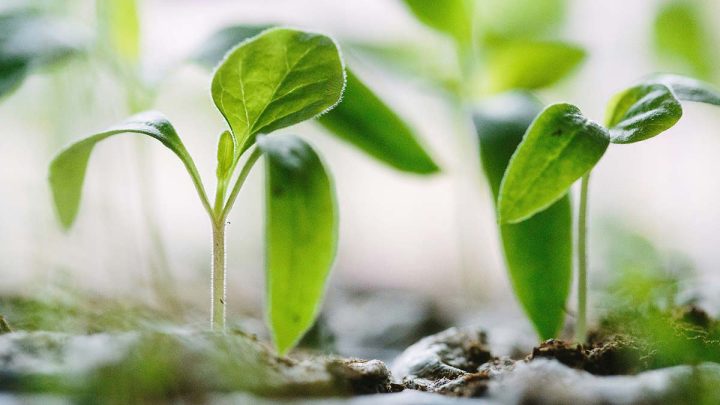About four years ago, I attended my first creation care training event sponsored by the NC Conference of The United Methodist Church. That training ignited a fire in me to be more intentional about caring for God’s creation as a sacred mission in response to God’s call in Genesis 1:26-28.
Then God said, ‘Let us make humans in our image, according to our likeness, and let them have dominion over the fish of the sea and over the birds of the air and over the cattle and over all the wild animals of the earth and over every creeping thing that creeps upon the earth.’
Genesis 1:26-28
Since then, I have immersed myself in learning more and more about how we as individuals and communities might adopt sustainable practices in the fight against climate change through advocacy and action related to environmental issues and ecological justice. One of the most transformative training events I attended, which was also sponsored by the NC Conference, was “Eco Grief,” where I learned that approximately two-thirds of ALL animal life had already ceased to exist and many species are on the verge of extinction primarily due to climate change and exploitation.
One of our main goals on the Sound District Creation Care Team is to encourage individuals and church communities to form creation care teams in their churches. In order to have an even greater impact on caring for God’s creation, I decided to become a Global Ministries Commissioned EarthKeeper.
An EarthKeeper is one who is passionate about caring for God’s creation as part of our discipleship. Part of the application process to participate in the EarthKeeper training includes already having a planned project that focuses on creation care and addresses specific sustainable issues such as: “eco-theology, antiracism, community organizing, and project planning.”
The EarthKeeper training provides practical tools and challenges participants to think and act more in relation to sustainable practices. It provides an opportunity to meet and establish relationships with other ecologically and environmentally conscious individuals and share information about one another’s projects. EarthKeepers also receive the benefit of posting their projects on the Global Ministries Website.
EarthKeeper projects should be formed to address specific problems related to environmental issues that arise as a result of the climate crisis, and should be in partnership with the community. In addition to my project, “Hope For Creation,” which focuses on wildlife, the environment, and humanity, several EarthKeeper projects were initiated during the Baltimore Cohort I attended in October 2024. These projects include addressing urban food insecurities, tackling the issue of excess plastics, creating native gardens, planting trees, promoting energy efficiency, organizing community trash clean-ups, and more.
There is Hope For Creation! The possibilities for the fight against climate change through EarthKeeper Creation Care training and projects are inexhaustible. To learn more about how to become a Global Ministries EarthKeeper and upcoming EarthKeeper training, visit the Global Ministries website at umcmission.org/earthkeepers.
Article contributed by Rev. Dr. Donna Thompson, Global Ministries EarthKeeper

